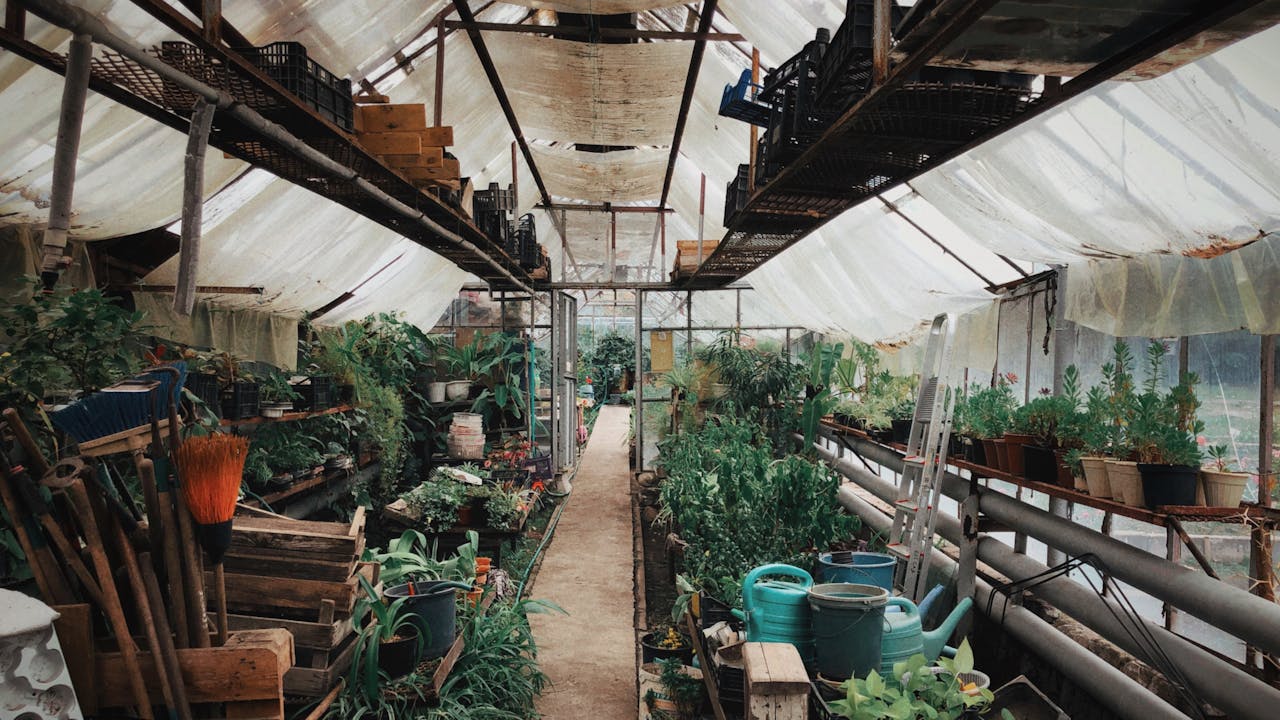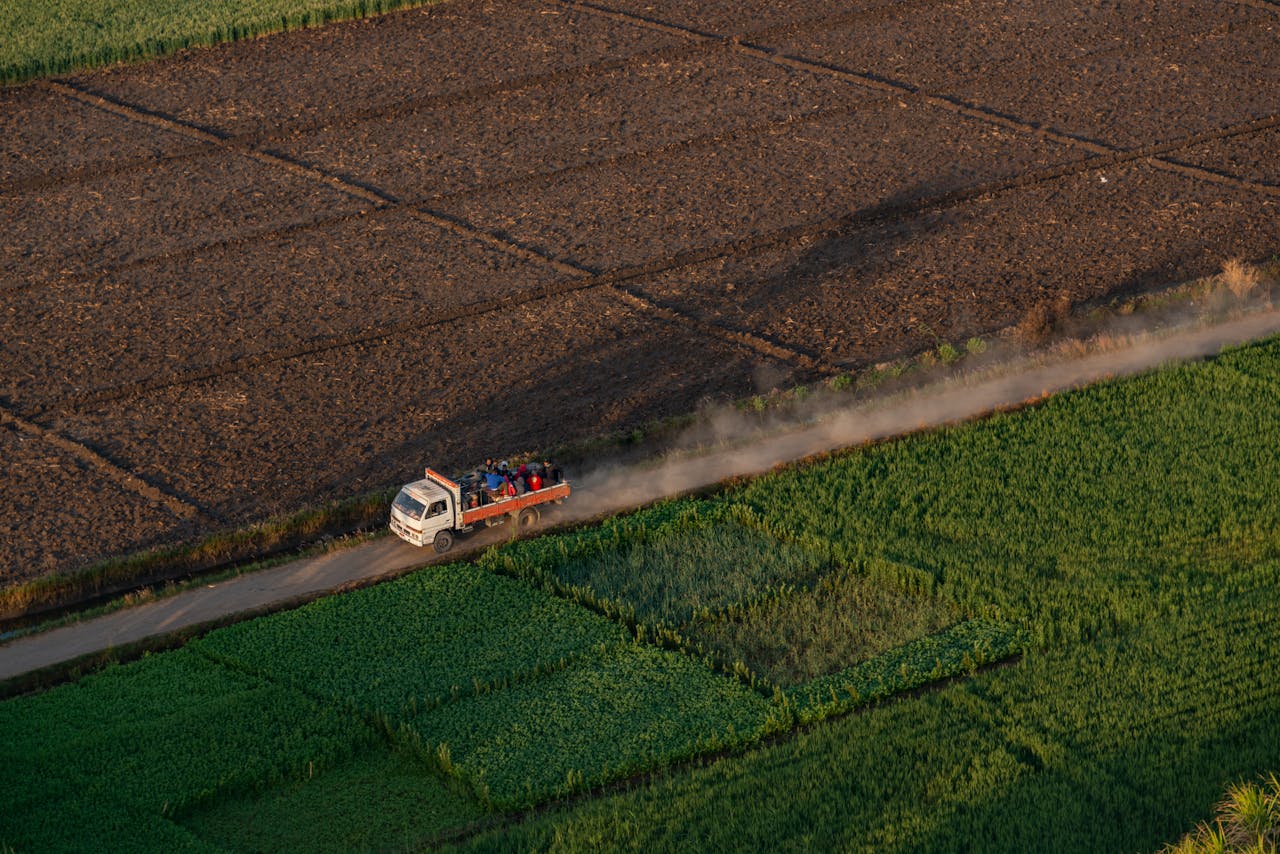In a world where agriculture must adapt to environmental challenges and growing food demands, fertilizers and pesticides are evolving. No longer are they simply about boosting yields—they’re becoming smarter, more eco-friendly, and integral to sustainable farming. Let’s explore how new advancements in fertilizers and pesticides are reshaping agriculture, protecting the planet, and feeding future generations.
Smart Fertilizers: Tailoring Nutrition to Crop Needs
Traditional fertilizers have helped feed the world for decades, but innovative fertilizers are taking soil health and crop productivity to a new level. These advanced fertilizers go beyond delivering basic nutrients to plants; they help optimize growth with precision and minimal environmental impact.
- Controlled-Release Fertilizers: Designed to release nutrients over time, these fertilizers prevent leaching and runoff, keeping nutrients in the soil for longer. By controlling nutrient release, farmers can reduce the frequency of applications and lower the risk of nutrient pollution in waterways.
- Nano Fertilizers: In recent years, nano fertilizers have emerged as an efficient way to deliver nutrients. Tiny nanoparticles penetrate plant tissues more effectively, enhancing nutrient absorption and boosting crop resilience. This precise application reduces the overall quantity of fertilizer needed, making farming more sustainable.
- Biofertilizers: Made from natural organisms like beneficial bacteria and fungi, biofertilizers improve soil fertility and promote healthy root development. These living fertilizers enrich the soil’s microbial life, aiding nutrient availability and helping plants withstand stress.
By adopting smart fertilizers, farmers can increase productivity while protecting soil and water quality, ensuring healthier fields for future growth.
Eco-Friendly Pesticides: Protecting Crops with Less Impact
Modern pesticides are evolving with a focus on eco-friendliness and minimizing their impact on the environment and non-target species. These innovative solutions are designed to protect crops without compromising biodiversity or the health of local ecosystems.
- Biopesticides: Derived from natural materials like plants, bacteria, and minerals, biopesticides offer an alternative to synthetic pesticides. They work by targeting specific pests without harming beneficial insects, like pollinators, making them ideal for sustainable farming practices.
- Botanical and Microbial Solutions: Pesticides made from essential oils, like neem or peppermint, repel pests naturally and biodegrade quickly, leaving no harmful residues. Microbial solutions, using fungi or bacteria, target pests without affecting other organisms, keeping ecosystems balanced.
- Targeted Application Technologies: Advances in drone technology and AI allow for precise pesticide application, targeting only the affected areas of crops. This precision reduces the overall pesticide quantity, helping preserve soil quality and biodiversity.
Eco-friendly pesticides support healthier ecosystems by allowing farmers to manage pests without harming the wider environment—a crucial step for sustainable food production.
Integrated Fertilizer and Pest Management (IFPM): A Holistic Approach
IFPM is an advanced strategy that combines responsible fertilizer and pesticide use with sustainable farming techniques. This method considers each crop’s unique needs and the specific conditions of each farm, enabling farmers to:
- Monitor soil and crop health regularly
- Apply fertilizers and pesticides only when needed
- Rotate crops and implement cover cropping for soil health
- Use eco-friendly pest controls and habitat management to protect beneficial organisms
IFPM is paving the way for sustainable farming that adapts to nature rather than trying to control it, making farming both productive and environmentally friendly.
Conclusion: A New Era in Agriculture
As agriculture faces the demands of a growing population and the challenges of climate change, innovative fertilizers and pesticides are essential to a sustainable future. By embracing these advanced tools, farmers can increase yields, reduce environmental impact, and support biodiversity. This new era in farming is about more than feeding people; it’s about nourishing the planet.
What innovative techniques are you interested in? Let us know in the comments and join the conversation on sustainable farming solutions!


